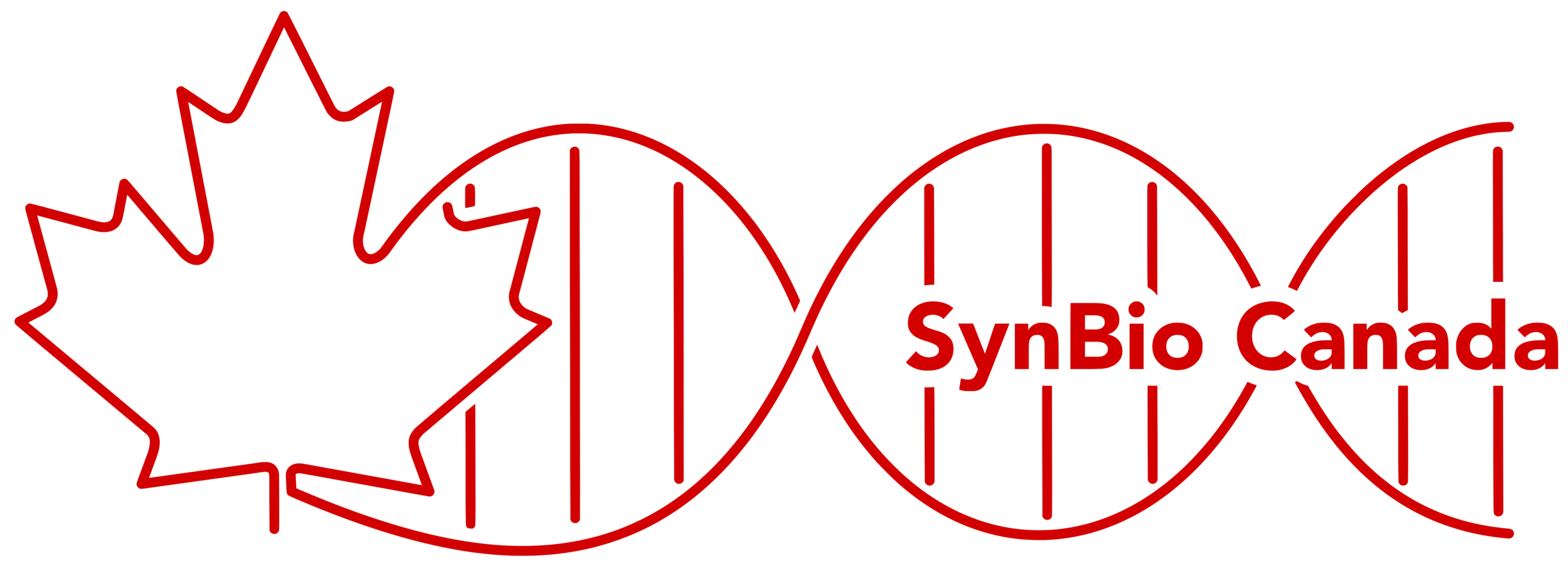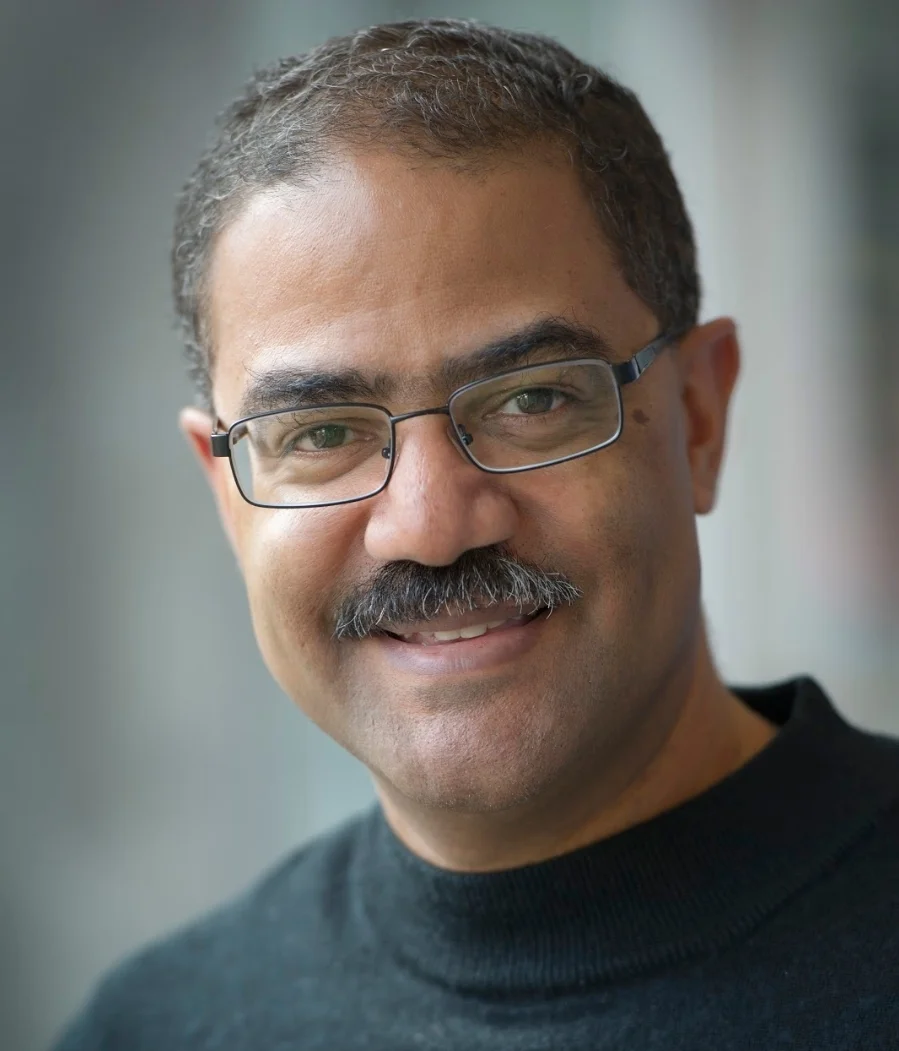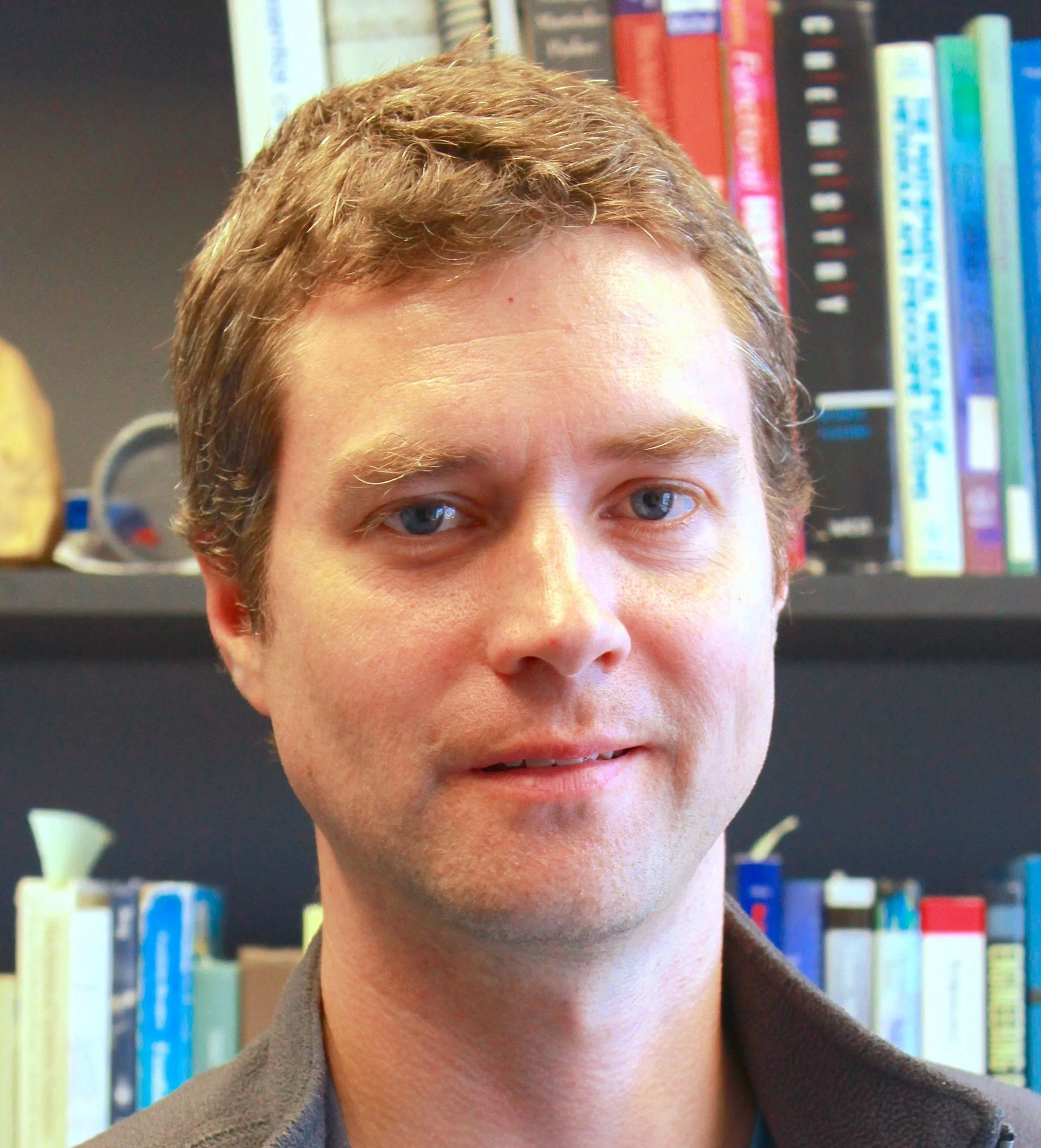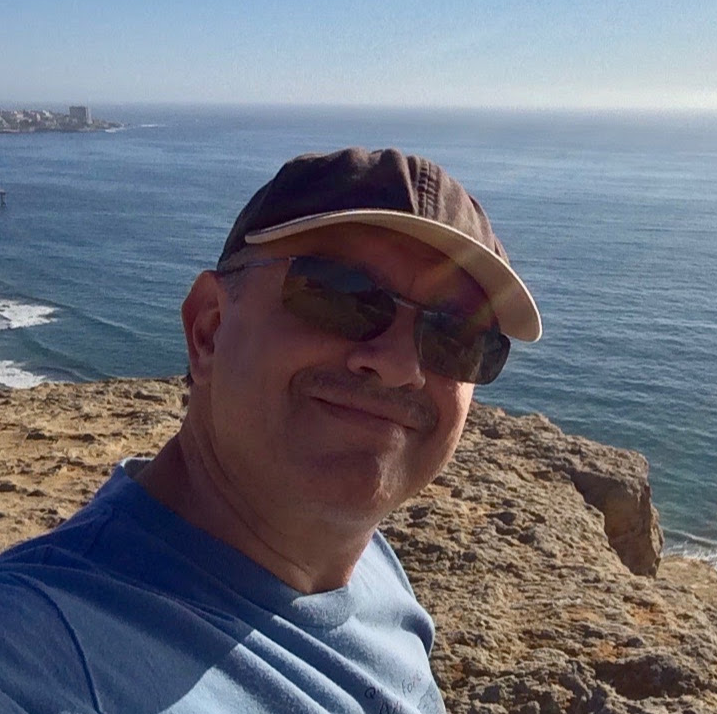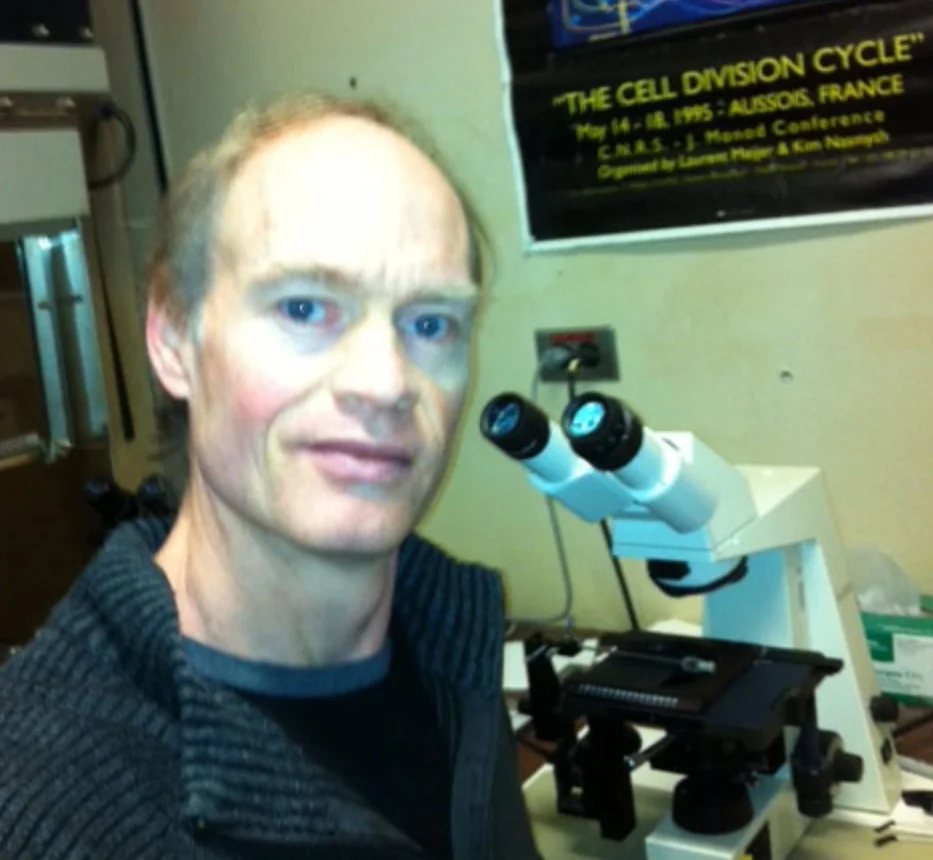We aim to characterize viral promoters to control the production of proteins in insect cells with the goal of creating a manufacturing assembly line for complex biologics.
Read MoreWe're a newly established lab looking at how proteins behave at solid interfaces. Most of our understanding of protein science comes from fluid environments. However, solids are another incredibly relevant medium to modern biotech applications, and we don't yet have a strong understanding of how proteins interact with them.
Read MoreWe take advantage of latest synthetic biology approaches to increase the scale or resolution at which we can interrogate the systems biology of the cell.
Read MoreI am the primary investigator for the Lethbridge high school iGEM team and the manager of SynBridge, the U of L's synthetic biology maker space.
Read MoreProfessor Charles is a microbiologist with expertise in bacterial molecular genetics. His research group studies the mechanisms of gene regulatory circuits that control the interactions of Rhizobiales bacteria such as Sinorhizobium meliloti with their eukaryal hosts.
Read MoreDr. Hallam directs the ECOSCOPE innovation ecosystem consisting of an NSERC CREATE training program, a research network, a core facility for high-throughput screening and a curriculum development initiative in data science based on four research and training pillars.
Read MoreOur group uses mathematical and computational tools to construct and analyse kinetic models of biomolecular systems. Our current projects are primarily focused on model-based design of synthetic bacterial gene regulatory systems.
Read MoreI believe that Synthetic Biology will continue to play a significant role in medical innovation, including engineered virus and engineered immune cells that can cure cancer.
Read MoreWe are utilizing Synthetic Biology tools for improving the productivity of agricultural crops. Specifically, we apply precise gene editing tools to improve tolerance to pests, diseases and abiotic stress of economically important agricultural crops, such as wheat, canola and pulse.
Read MoreResearch in the Karas lab is focused on developing innovative genetic tools to enable the engineering of microbes to produce medicines, DNA storage technologies, food and next-generation fuels.
Read MoreWe use genomics approaches to build bacterial biosensors for environmental pollutant monitoring.
Read MoreBioZone aims to use Bioengineering to create a sustainable world by making industrial processes more sustainable, remediating humanity's environmental impact, and improving health outcome.
Read MoreOur group primarily works on engineering metabolism in bacteria and yeast to produce chemicals and therapeutic molecules. Through the use of computational strategies on genome scale metabolic models of these organisms, we identify genetic intervention strategies to enhance target molecule production.
Read MoreWe are synthetic biologists with a strong penchant for metabolic engineering and industrial strain improvement. We like yeast but will play with other unicellular bugs as well.
Read MoreWe work on (mainly) microbial synthetic biology, investigating ways to create novel solutions to real-world problems with engineered microbes.
Read MoreMy work is about gene-product interactions, which can be represented as networks and modules.
Read MoreWe develop new methods in the domains of Genomics and Synthetic Biology, using microfluidics and computational biology.
Read MoreMy laboratory is mainly interested in microbial systems and synthetic biology. We use and develop cutting-edge approaches to understand and engineer bacterial cells.
Read MoreSynthetic biology strategies for the biosynthesis of fine chemicals, especially lipid-based drugs and biofuels
Read MoreWe investigate the potential application of synthetic biology for performing metabolic engineering of yeast, bacteria and cyanobacteria.
Read More